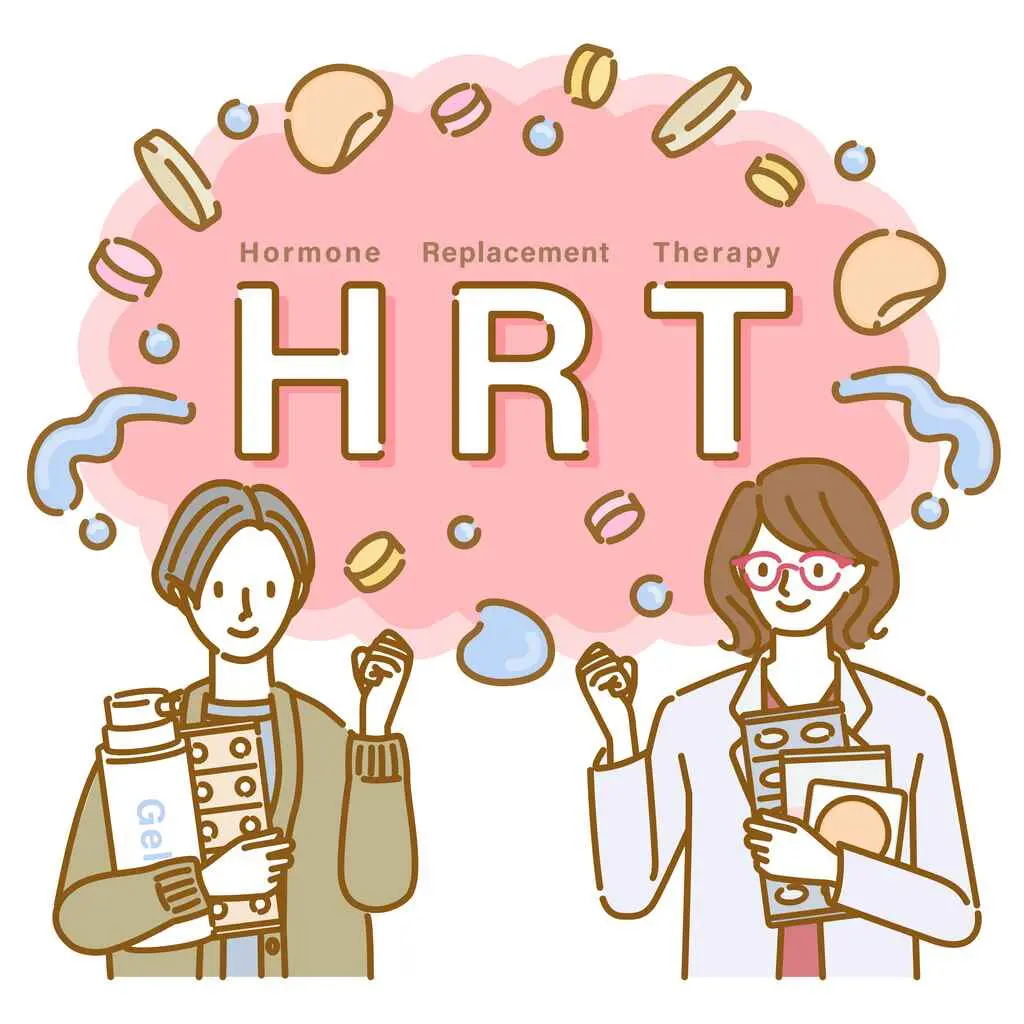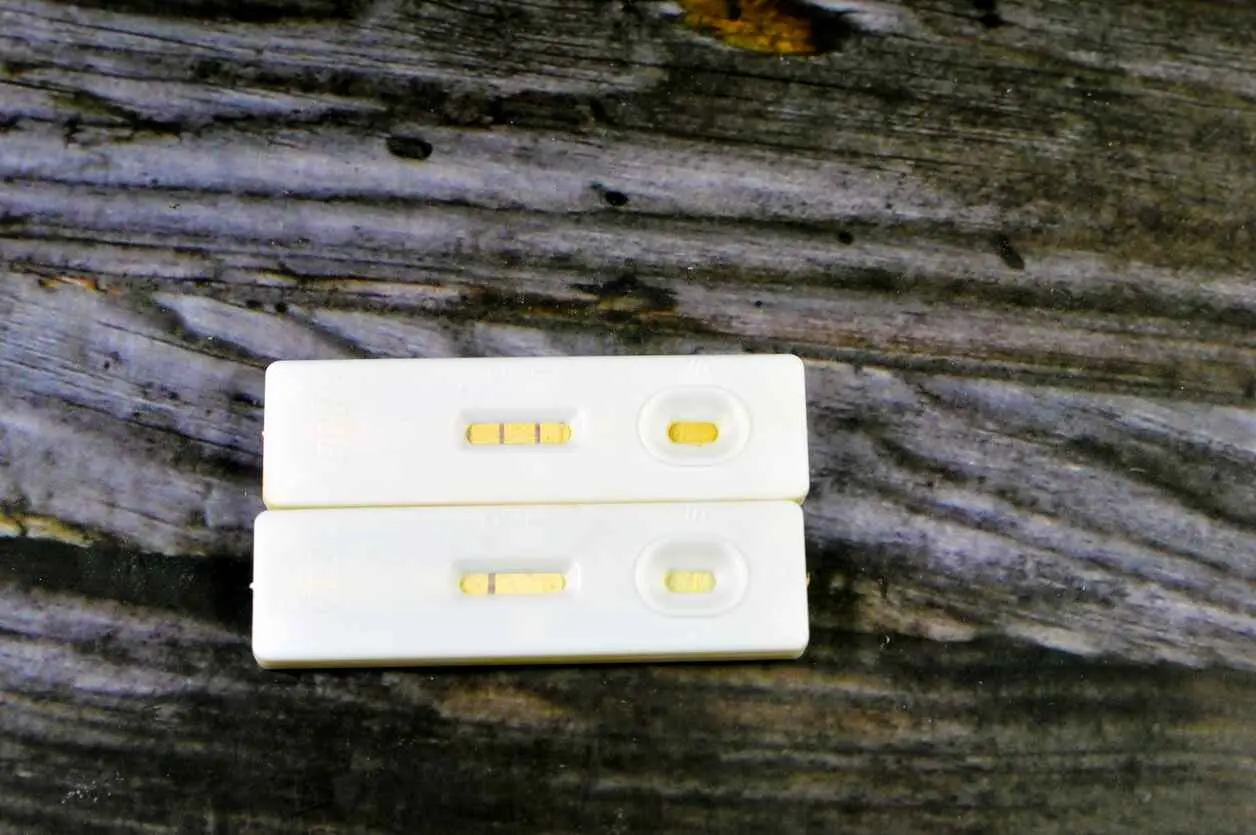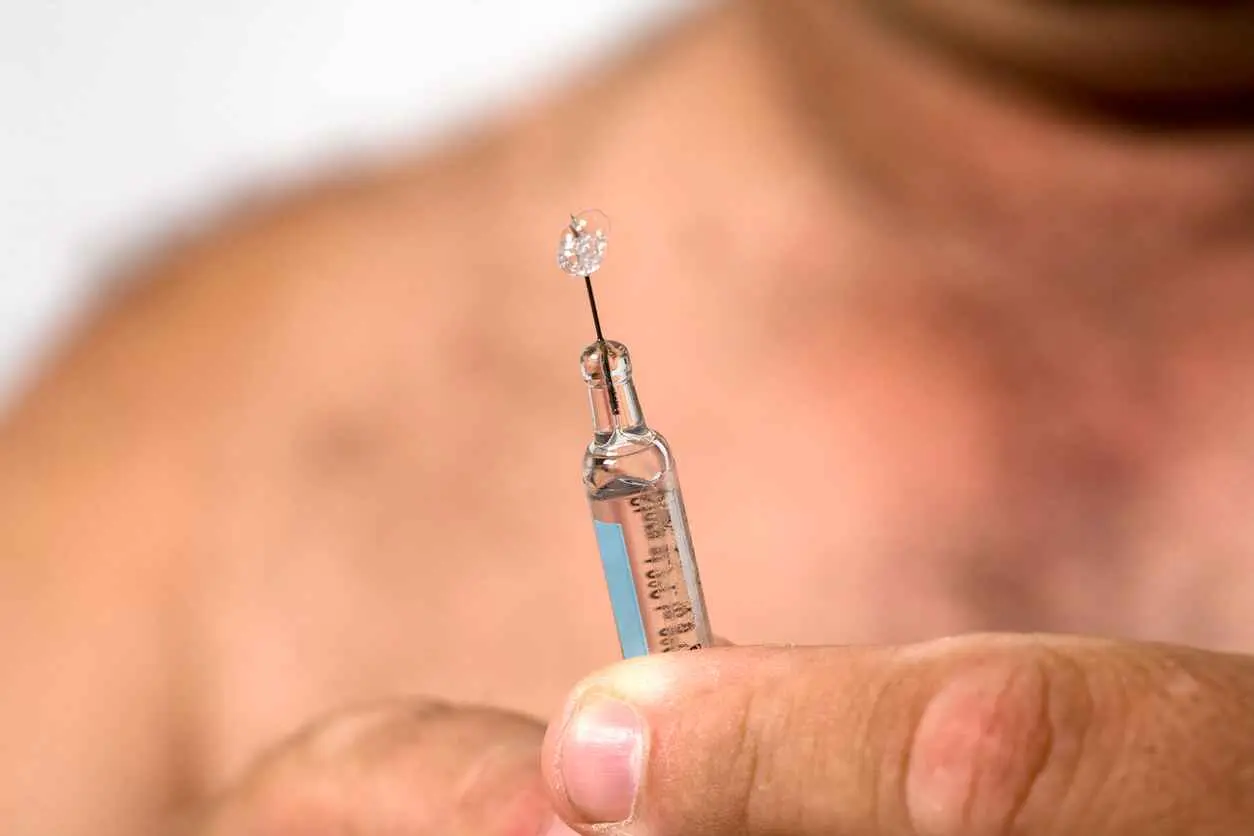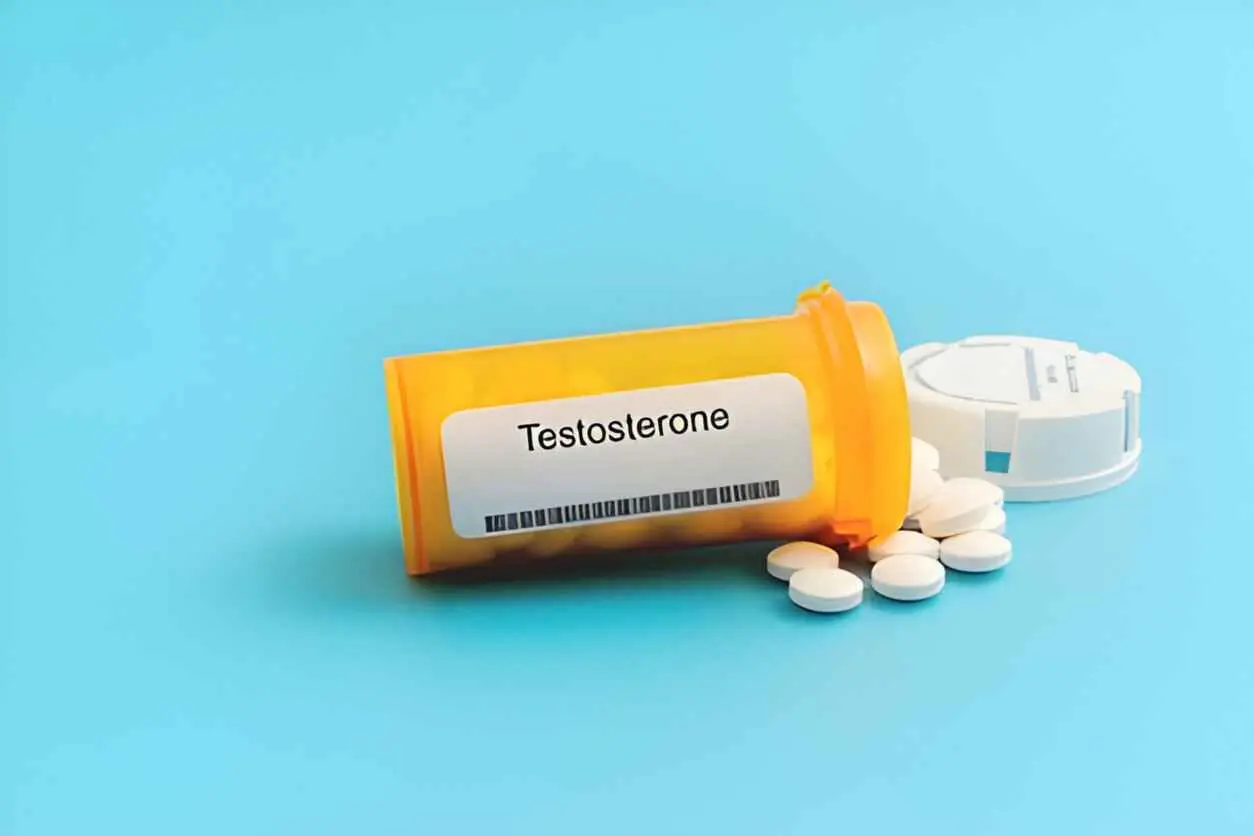
Hormone Replacement Therapy (HRT) And Ageing
How Hormone Replacement Therapy (HRT) Supports Healthy Ageing
How Does Hormone Replacement Therapy Help With Ageing?
Hormone replacement therapy (HRT), especially testosterone therapy, helps men maintain muscle, energy, and hormone balance as they age. It can reduce visceral fat, support cognitive function, and improve physical strength when prescribed medically.
Testosterone Decline After 40: The Male Midlife Hormone Crisis
To help preserve muscle and prevent muscle loss, hormone replacement therapy (HRT) can create a good hormone balance as we age. Testosterone replacement therapy (TRT) helps explicitly by preventing the muscle-wasting effects of cortisol, which works against testosterone. In men, testosterone levels usually start to decline after age 40, leading to andropause. This results in a noticeable loss of muscle mass, feelings of weakness due to muscle shrinkage, and a slower metabolic rate. As a result, men tend to gain more visceral fat, which in turn increases estrogen levels. Higher estrogen levels then signal the hypothalamus to reduce the production of GnRH and LH, leading to even lower testosterone levels.
Health Effects of Low Testosterone in Ageing Men
Less muscle mass leads to increased insulin resistance because muscles are the primary regulators of glucose metabolism. Insulin resistance can cause type II diabetes, dyslipidemia, metabolic syndrome, and cardiovascular disease. Low testosterone levels make it harder to burn visceral fat efficiently. In older men, SHBG (sex hormone-binding globulin) levels increase, resulting in a decrease in free testosterone. Additionally, a reduction of other androgens like DHT (dihydrotestosterone) and DHEA (dehydroepiandrosterone) can affect mental health. DHT, a metabolite of testosterone, improves self-esteem, cognitive function, and sex drive and makes the scrotum's skin firmer and more elastic by releasing sebum. DHEA, produced by the adrenal glands, supports the immune response and is considered the "mother of all hormones."
Hormones That Decline With Age and Their Effects
|
Hormone |
Decline Starts |
Key Role |
Effects of Low Levels |
|---|---|---|---|
|
Testosterone |
~Age 30–40 |
Muscle mass, libido, energy |
Fatigue, muscle loss, mood decline |
|
DHT |
Varies |
Cognitive function, sex drive |
Low confidence, skin changes |
|
DHEA |
~Age 30 |
Immune health, hormone precursor |
Weakened immunity, reduced resilience |
|
IGF-1 |
~Age 35–45 |
Cell repair, tissue regeneration |
Accelerated ageing, frailty |
|
GH |
~Age 30 |
Growth, metabolism |
Loss of muscle, energy, and skin elasticity |
How HRT Slows the Effects of Ageing in Men
Testosterone helps build muscle by increasing positive nitrogen balance through the consumption of animal protein. It also triggers the kidneys to release aldosterone, which retains sodium and water, making muscles look fuller and more toned.
Contractile muscle is approximately 70% water; other treatments can also aid in muscle growth. Nandrolone decanoate, or Deca-Durabolin, is an anabolic steroid used in medicine for over 50 years. It can help reverse osteoporosis, accelerate bone healing by increasing calcium absorption, and enhance stamina and endurance by stimulating erythropoietin production in the kidneys.
Nandrolone is excellent for building tissue and promoting anabolism, which helps in cases such as trauma, burns, cachexia, and muscle injury recovery. A diet rich in animal protein also aids tissue healing. As muscles become stronger from resistance training, so do the bones. Weightlifting helps postmenopausal women combat osteopenia and reduce the risk of fractures.
HRT and nandrolone also help with water retention and lubricate joints, which can relieve arthritis and joint pain. Nandrolone has low liver toxicity and minor effects on lipids, and its low androgenicity means even women can use it in small doses without severe side effects like hair growth and acne.
The Role of HGH and IGF-1 in Longevity and Anti-Ageing
Growth Hormone (GH) is considered the foundation of youth and works well with testosterone to fight catabolic diseases. GH promotes muscle building by increasing tissue DNA synthesis through a peptide called insulin-like growth factor (IGF), also known as somatomedin C. GH, also referred to as somatotropin, decreases with age, as measured by serum IGF-1 levels. Low IGF1 is linked to higher mortality rates, while high IGF1 can increase cell growth and potentially speed up cancer development.
Optimised IGF1, also known as HGH therapy, has many anti-ageing benefits. It helps produce collagen fibres and connective tissue, improves skin quality, and enhances the elasticity of arterial walls, joints, tendons, ligaments, and articular surfaces by activating chondroblasts, which are cells that create connective tissue. GH also boosts the production of B and T cells in the thymus gland and increases Klotho protein, which is associated with longer telomeres and increased longevity.
Frequently Asked Questions About HRT and Ageing
What is the best age to start hormone replacement therapy for men?
Most men consider HRT after age 40, when natural testosterone decline becomes noticeable. Medical evaluation is required to confirm low levels.
Can HRT slow the ageing process?
Yes. HRT can help preserve muscle, energy, libido, and cognitive health, especially when combined with lifestyle changes and medical monitoring.
What are the signs of low testosterone in ageing men?
Common symptoms include fatigue, reduced muscle mass, belly fat gain, low libido, poor sleep, and emotional changes such as irritability or depression.
Is HGH therapy safe for anti-ageing?
HGH therapy may offer anti-ageing benefits but should only be used under medical supervision. Improper use can increase cancer risk and other health concerns.
How does nandrolone compare to testosterone in anti-ageing therapy?
Nandrolone is more anabolic and has joint-supportive properties. It’s often used in advanced cases of muscle loss or injury, but under strict prescription.
Can HRT improve insulin resistance and fat metabolism?
Yes. Testosterone helps reduce visceral fat and improves insulin sensitivity, potentially lowering the risk of metabolic syndrome and type 2 diabetes.
Does combining testosterone and HGH work better than using one alone?
Yes. Combining HRT and HGH can synergistically support tissue repair, muscle growth, and immune function in ageing men with multiple hormone deficiencies.
Combined HRT and HGH Therapy: A Powerful Anti-Ageing Strategy
In summary, combining growth hormones with testosterone, DHT, DHEA, and nandrolone can create a powerful treatment against ageing and frailty, reducing the risk of mortality in older people. We can prescribe both HRT and HGH to people with low levels of natural hormones. If you believe you are suffering from a hormone imbalance or need testosterone replacement therapy, we are here to help.


